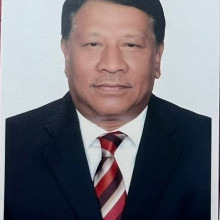
Ministerial Roundtable
Multilevel governance for a sustainable urban future
Summary
The Ministerial Roundtable will bring together Ministers and senior representatives of national governments and regional political bodies to elevate the debate on multilevel governance to accelerate the implementation of the New Urban Agenda (NUA), the 2030 Agenda for Sustainable Development and other global agendas.
The Roundtable will take place shortly after the UN Summit of the Future in September 2024, roughly five years before the deadline to deliver on the SDGs. The Roundtable will take place immediately before COP29, which will include a Ministerial Meeting on Urbanization and Climate Change and a Local Climate Action Summit. It will take place before the first session of the Open-Ended Intergovernmental Expert Working Group on Adequate Housing for All.
The Ministerial Roundtable will explore how the different spheres of governance - national to local - can work better together to achieve the 2030 Agenda for Sustainable Development. Particular attention will be paid to multilevel governance arrangements and partnerships for adequate housing, climate action, finance systems, digital technology, and urban crises response.
The Ministerial Roundtable aims to identify significant global trends in urban development that would inform multilevel governance approaches to transform cities for a better urban future for all. It will also specifically explore good practices and successful policy transformations from around the globe.
The Ministerial Roundtable is indeed expected to come up with a set of forward-looking measures and recommendations, which can be adapted and replicated at different levels and in different contexts. It will also serve as a forum to make commitments and advocate for new initiatives and alliances.
Guiding Questions for statements and discussions
- What are key strategies available to accelerate multilevel governance towards the implementation of the New Urban Agenda and the achievement of the SDGs?
- Does your government have particular multilevel governance arrangements and partnerships that may be replicated elsewhere, particularly focusing on adequate housing, climate action, financial empowerment, digital technology, or urban crises response?
- How does your government/sub-regional mechanism intend to facilitate investments to support the transformation of cities towards a sustainable future? Which steps have been taken by your government to empower local and subnational authorities in this process?
- What more could be done by your government in the next two years to keep and increase political momentum for the implementation of the New Urban Agenda, through enhancing multilevel governance approaches?
Expected outcomes and impact
- A set of forward-looking multilevel governance measures with the potential to transform our cities for a sustainable urban future, which can be adapted and applied to different contexts
- Updates on national initiatives towards the implementation of the Ministerial Declaration adopted at the 2nd Session of the UN-Habitat Assembly
- New commitments, announcements, and alliances at the national and regional levels for accelerating the implementation of the NUA
- Enhanced engagement with the periodic national reporting on the implementation of the New Urban Agenda and the use of the Urban Agenda Platform
Format of the session
The Ministerial Roundtable will be organized as follows:
Chair: Minister of the Host Country
Co-Chair: Executive Director of UN-Habitat
Moderator: TV presenter/ journalist
Format: Roundtable set-up with capacity of up to 350 participants
After the formal opening of the Roundtable by the Co-chairs, the session will be divided in segments of six speakers. The moderator will invite Ministers to make statements, covering priority issues in their country and region and make recommendations on the theme of the Roundtable. The debates should aim for concrete examples on multilevel governance. Ministers spearheading the implementation of various aspects of the New Urban Agenda in their countries are requested to provide during their intervention, examples of cases of concrete initiatives planned for and or under execution towards transforming cities for a better urban future. The session will be closed by the Co-chairs.
To ensure inclusive participation, each speaker would be given up to 3 minutes to speak. Ministers in physical attendance will be prioritized as speakers, followed by Deputy Ministers, with due consideration for geographical and gender balance.
Focal Points
Raf Tuts, raf.tuts@un.org
Rong Yang, rong.yang@un.org
Esther Osunga-Wanjala, esther.osunga-wanjala@un.org
Sylvia Jamgotchian, sylvia.jamgotchian@un.org

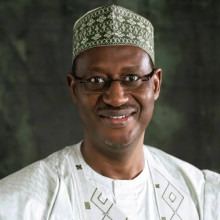
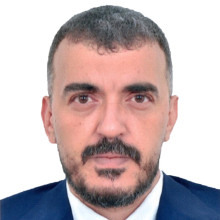
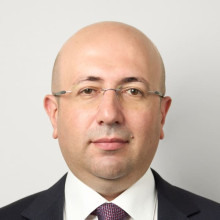


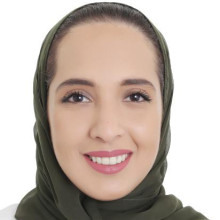
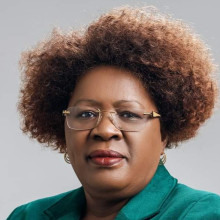

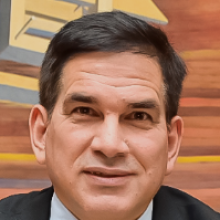
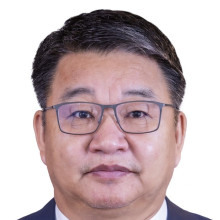
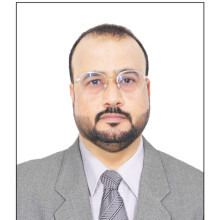

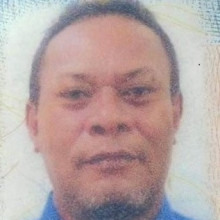
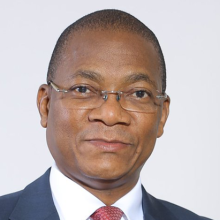
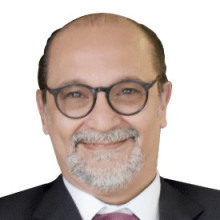
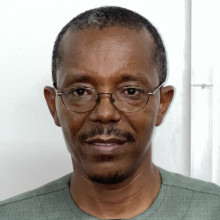
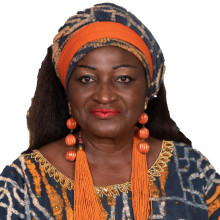

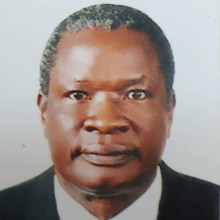

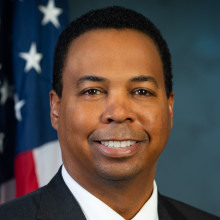
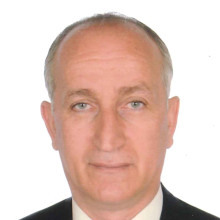
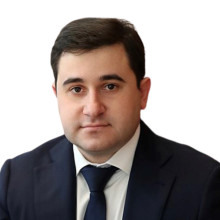
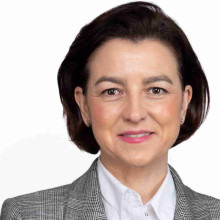
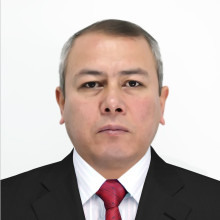
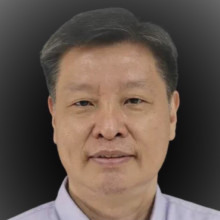
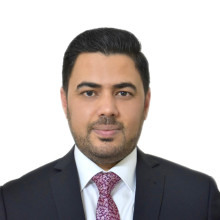


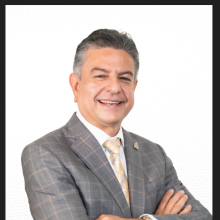
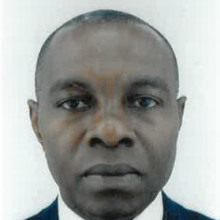
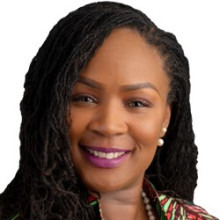
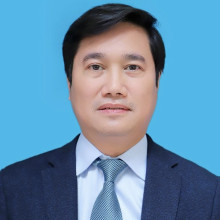
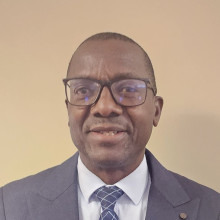
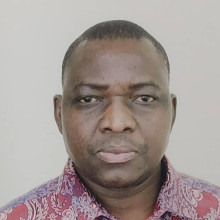
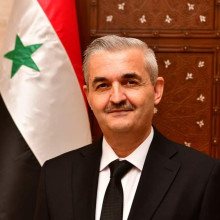
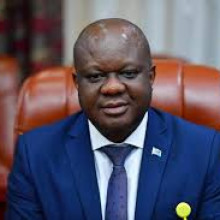

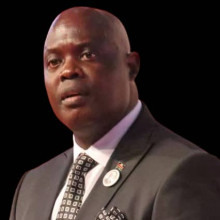

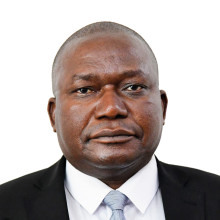

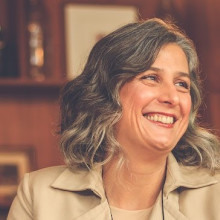
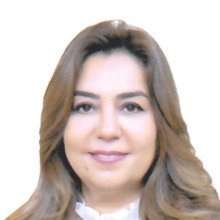
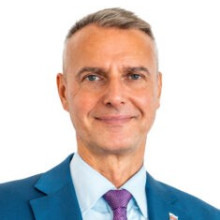
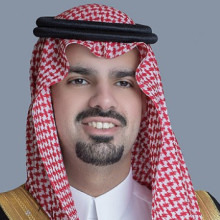
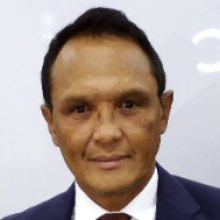
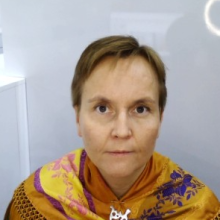
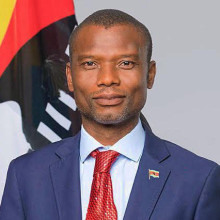
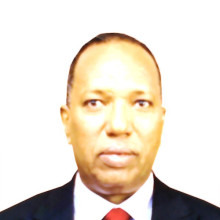

 Streaming on UN WEB TV
Streaming on UN WEB TV